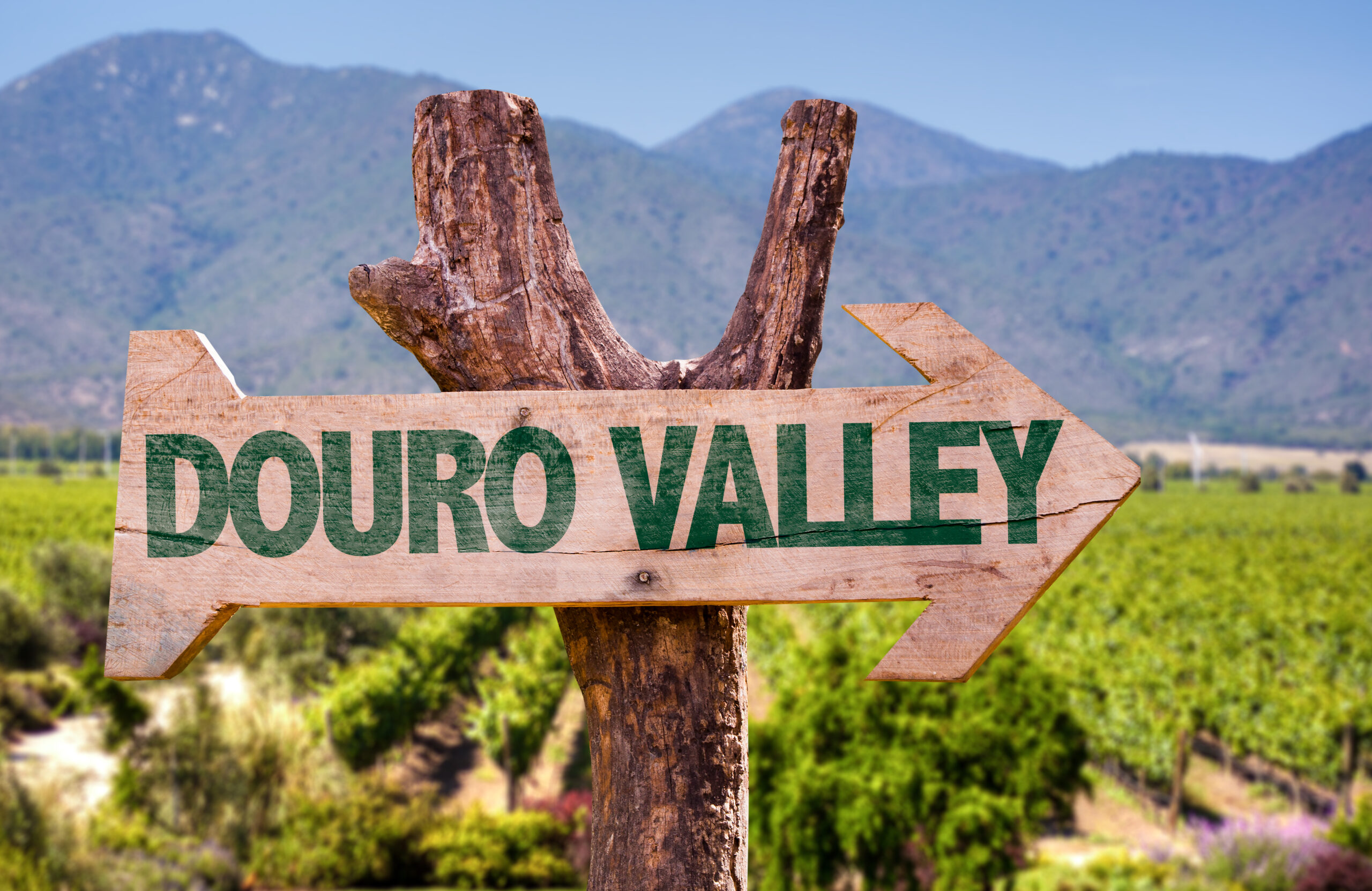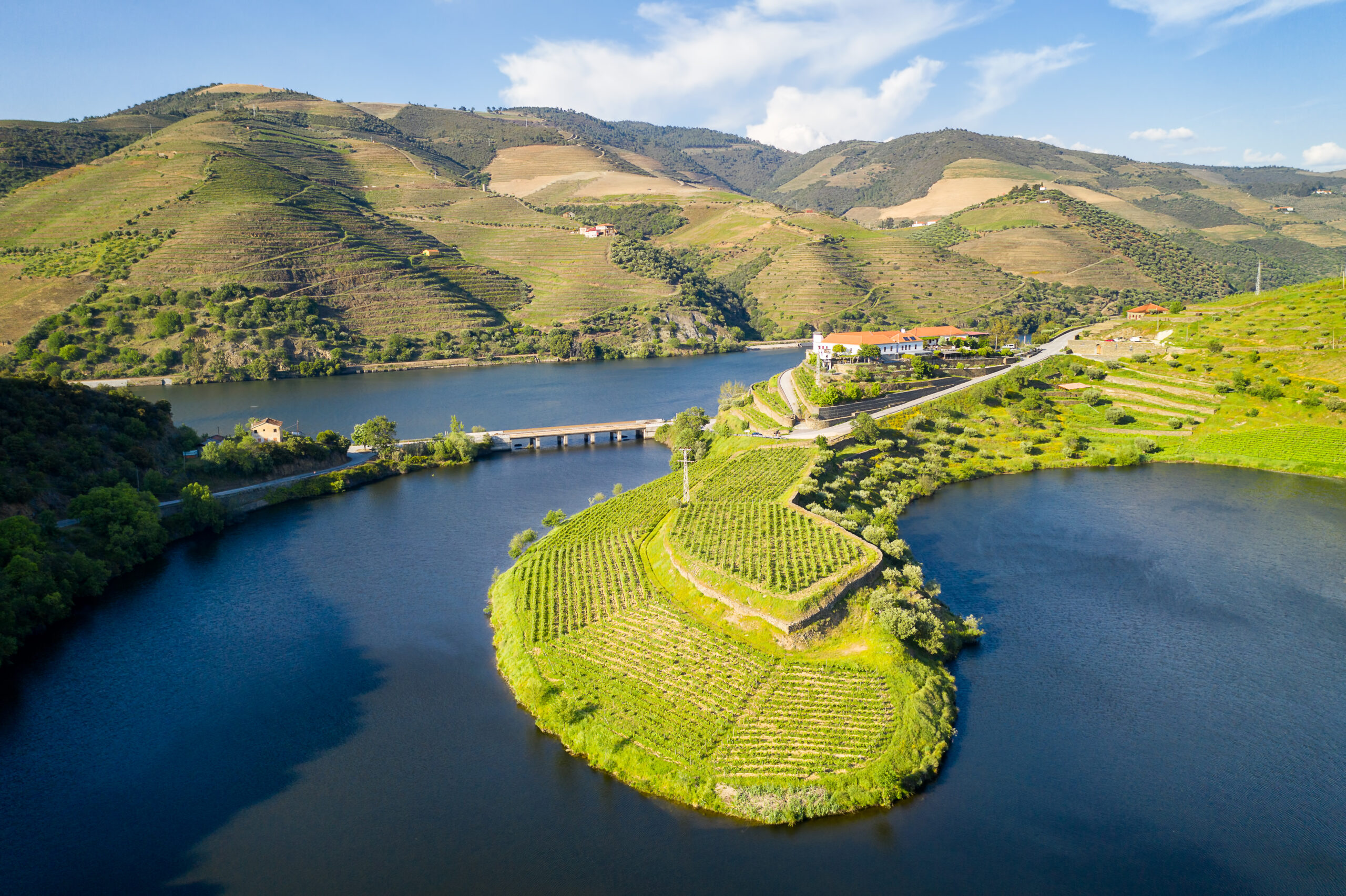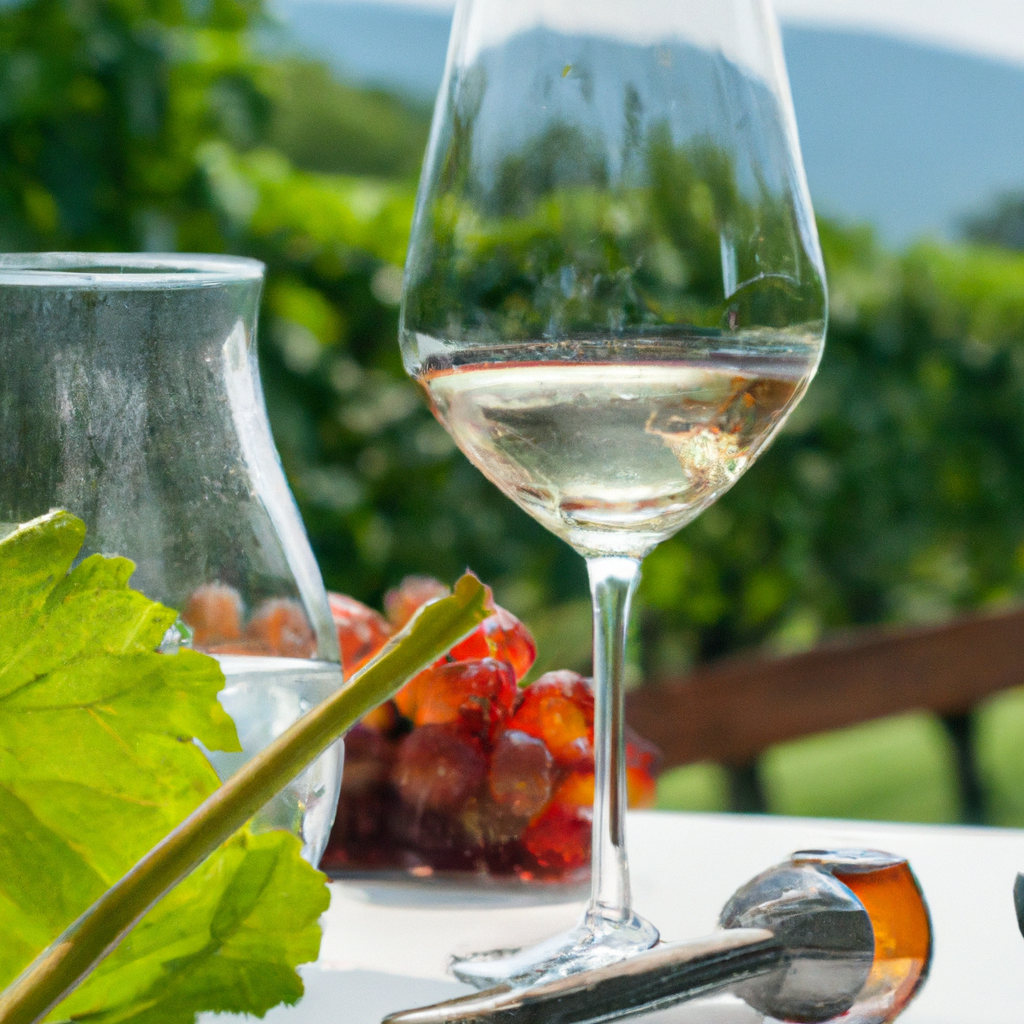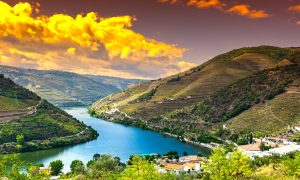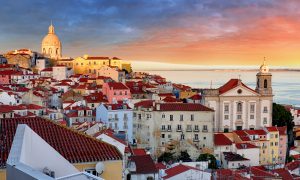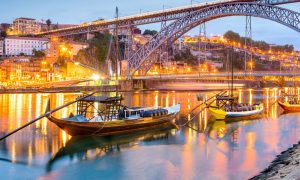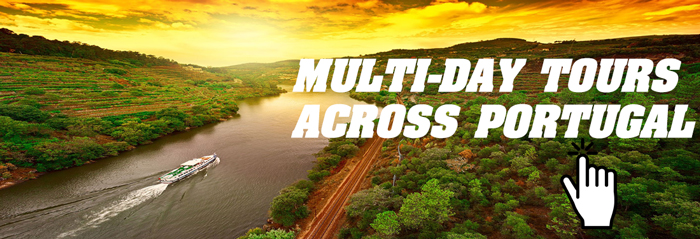Portugal, a country known for its rich history, vibrant culture, and stunning landscapes, is also renowned for its wine production. The country has a long tradition of grape harvesting, dating back to ancient times. The warm climate, fertile soil, and diverse grape varieties make Portugal an ideal location for growing grapes and producing high-quality wines. In this article, we will delve into the history of grape harvesting in Portugal, the traditional methods used, and the modern techniques that have been adopted in recent years.
Historical Description:
The history of grape harvesting in Portugal can be traced back to the time of the Roman Empire. The Romans were the first to introduce viticulture to the Iberian Peninsula, including what is now modern-day Portugal. They recognized the potential of the region’s climate and soil for growing grapes and producing wine. The Roman settlements in Portugal were strategically located near rivers and valleys, which provided ideal conditions for grape cultivation.
During the Middle Ages, grape harvesting in Portugal was mainly done by monks in monasteries. The monks were responsible for maintaining the vineyards and producing wine for religious ceremonies. They also played a crucial role in preserving and improving the techniques of grape cultivation and winemaking.
In the 15th century, Portugal became a major player in the global wine trade. The country’s location on the Atlantic coast made it an important stop for ships traveling between Europe and the New World. Portuguese wines, particularly Port wine, gained popularity and were exported to various countries, including England and Brazil.
Traditional Methods of Grape Harvesting:
For centuries, grape harvesting in Portugal was done using traditional methods that have been passed down from generation to generation. These methods were labor-intensive but produced high-quality grapes and wines.
One of the traditional methods used in grape harvesting is handpicking. This method involves carefully selecting and picking individual grapes from the vine by hand. Handpicking is still widely used in Portugal, especially for premium wines, as it ensures that only the best grapes are selected.
Another traditional method is foot treading, also known as “lagarada.” This method involves crushing the grapes with bare feet in large stone tanks called “lagares.” This technique is believed to extract the best flavors and aromas from the grapes and is still used in some wineries in Portugal, particularly for Port wine production.
Modern Techniques of Grape Harvesting:
In recent years, modern techniques have been adopted in grape harvesting in Portugal. These techniques have helped to increase efficiency, reduce labor costs, and improve the quality of the grapes.
One of the modern techniques used is mechanical harvesting. This method involves using machines to harvest the grapes, which can be done quickly and efficiently. Mechanical harvesting is particularly useful for large vineyards and for harvesting grapes that are difficult to reach by hand.
Another modern technique is the use of technology in monitoring and managing the vineyards. Drones equipped with cameras and sensors are used to collect data on soil moisture, temperature, and grape ripeness. This information helps winemakers make informed decisions on when to harvest the grapes, resulting in better quality wines.
Grape Harvesting Season in Portugal:
The grape harvesting season in Portugal typically starts in late August and can last until October. The exact timing of the harvest depends on various factors such as grape variety, weather conditions, and the desired style of wine.
In the northern regions of Portugal, such as Douro and Minho, grape harvesting usually begins earlier due to the cooler climate. In contrast, in the southern regions, such as Alentejo and Algarve, harvesting can start later due to the warmer climate.
The grape harvesting season is a crucial time for winemakers as they must carefully monitor the grapes’ ripeness to determine the optimal time for harvest. If the grapes are harvested too early, they may not have enough sugar content, resulting in a lower alcohol level in the wine. On the other hand, if the grapes are harvested too late, they may become overripe, resulting in a higher alcohol level and a loss of acidity in the wine.
Grape Varieties in Portugal:
Portugal is home to a wide variety of grapes, with over 250 indigenous grape varieties. Some of the most popular grape varieties used in winemaking include Touriga Nacional, Tinta Roriz, and Touriga Franca for red wines, and Alvarinho, Arinto, and Fernão Pires for white wines.
Each grape variety has its unique characteristics, which contribute to the complexity and diversity of Portuguese wines. For example, Touriga Nacional is known for its intense aromas of dark fruits and floral notes, while Alvarinho is known for its crisp acidity and citrus flavors.
Grape Harvesting Festivals in Portugal:
Grape harvesting season is a time of celebration in Portugal, and many towns and villages hold festivals to mark the occasion. These festivals are an opportunity for locals and tourists to experience the traditional methods of grape harvesting, taste different wines, and enjoy traditional Portuguese food and music.
One of the most famous grape harvesting festivals in Portugal is the Festa das Vindimas in the Douro Valley. This festival takes place in September and includes activities such as grape stomping, wine tastings, and traditional dances.
Another popular festival is the Festa da Uva in the Alentejo region. This festival celebrates the harvest of the region’s most famous grape variety, Trincadeira. Visitors can participate in grape picking and enjoy live music and local delicacies.
Conclusion:
Grape harvesting in Portugal is not just a means of producing wine; it is deeply rooted in the country’s culture and history. The traditional methods of grape harvesting have been preserved and passed down through generations, while modern techniques have been adopted to improve efficiency and quality. The grape harvesting season is a time of celebration, and festivals across the country offer a unique experience for locals and tourists alike. With its diverse grape varieties, stunning landscapes, and rich history, Portugal continues to be a top destination for wine lovers and a leader in the global wine industry.
- Sintra Palaces / Skip the Line / Fast Track Tickets & Admissions - April 22, 2024
- The Quintessential Portugal’s Premier Wine Hotels - March 15, 2024
- Tour to Obidos Medieval Village and Castle + Cherry Liqueur Tasting Experience - March 15, 2024


